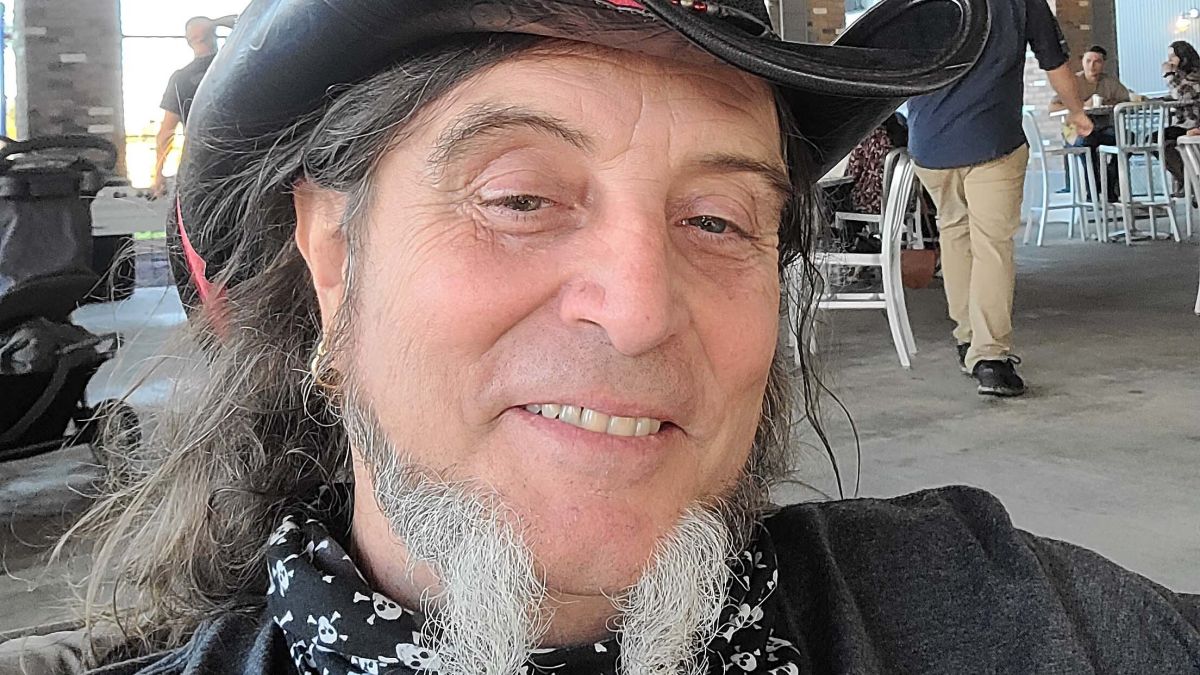Why choose Ochsner Health for urologic oncology care?
At Ochsner Health, we strive to be a one-stop destination for your comprehensive genital and urinary organ cancer care. As a part of the Gayle and Tom Benson Cancer Center, our surgeons work closely with medical oncology and radiation oncology to provide multidisciplinary and personalized cancer care, as well as complementary resources such as counseling, nutrition guidance, support groups and genetic counseling.
Our surgeons at Ochsner have performed over 5000 radical prostatectomies to date, giving them an unparalleled depth of experience in performing surgery for prostate cancer. Furthermore, the robotic surgery program was started in 2004 making it one of the oldest robotic surgery programs in the Gulf South. In addition, as a tertiary referral center our surgeons are often the last stop for complex surgical care for numerous surrounding areas. Few places in the Gulf South are able to provide patients with every opportunity for the management of prostate cancer in one location.












